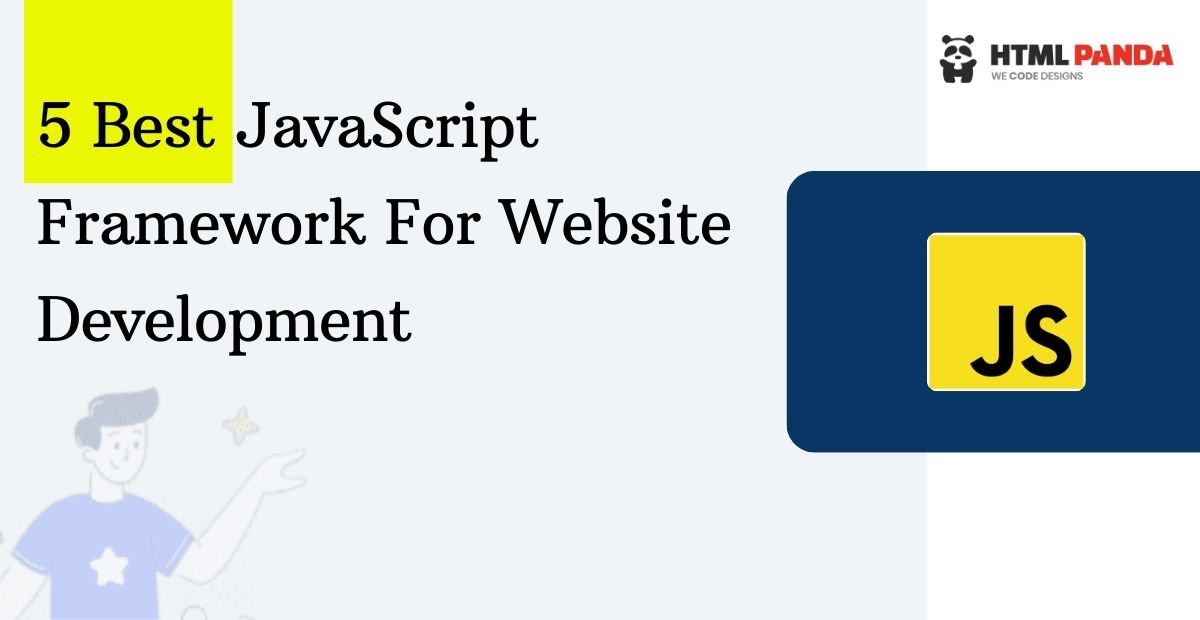Daily Insights
Stay updated with the latest trends and news.
Frameworks that Make JavaScript Dance
Discover the top JavaScript frameworks that will elevate your coding skills and make your projects come to life. Dive in for the ultimate guide!
Exploring the Most Popular JavaScript Frameworks: A Comprehensive Guide
In today's web development landscape, JavaScript frameworks have emerged as essential tools for building dynamic and responsive applications. With the rise of single-page applications (SPAs) and server-side rendering, developers are increasingly turning to frameworks that streamline the development process and enhance performance. This guide will explore the most popular JavaScript frameworks, highlighting their unique features, advantages, and optimal use cases.
Some of the leading JavaScript frameworks include:
- React: A component-based library developed by Facebook, known for its virtual DOM and efficient rendering.
- Angular: A full-fledged framework maintained by Google, famous for its two-way data binding and comprehensive toolset.
- Vue.js: A progressive framework that is easy to integrate with existing projects and allows for rapid development.
Each framework offers distinct benefits that cater to different development needs, making it crucial for developers to choose the right one for their projects.

How to Choose the Right JavaScript Framework for Your Project
Choosing the right JavaScript framework for your project can significantly impact the development process and the performance of your application. First, consider the project's requirements. Does it need to support a large-scale application or a simple website? For instance, frameworks like Angular or React are excellent choices for complex, data-driven applications, while Vue.js may be ideal for smaller projects due to its lighter footprint.
Next, evaluate the community support and resources available for the framework. A well-established framework typically has a wealth of tutorials, plugins, and community forums, making it easier to find solutions to common problems. Furthermore, consider the learning curve; if your team is already familiar with a particular framework, it can save time and increase productivity. Make a list to weigh the pros and cons of each option, ensuring a well-informed decision for your project’s success.
What Makes JavaScript Frameworks Essential for Modern Web Development?
JavaScript frameworks have become a cornerstone of modern web development, providing developers with the tools and structures needed to create dynamic and interactive user experiences. Frameworks like React, Angular, and Vue.js streamline the development process by offering reusable components, which significantly reduces the codebase and enhances maintainability. This modular approach allows teams to collaborate more efficiently, as developers can work on different components independently without stepping on each other's toes.
Moreover, these frameworks come equipped with robust ecosystems that include libraries, tools, and best practices, which further accelerate development. The built-in functionalities, such as state management, routing, and form handling, empower developers to focus on building features rather than reinventing the wheel. The community support surrounding these frameworks is also a vital aspect; with numerous resources, tutorials, and plugins available, developers can easily overcome challenges and keep up with the ever-evolving landscape of modern web development.